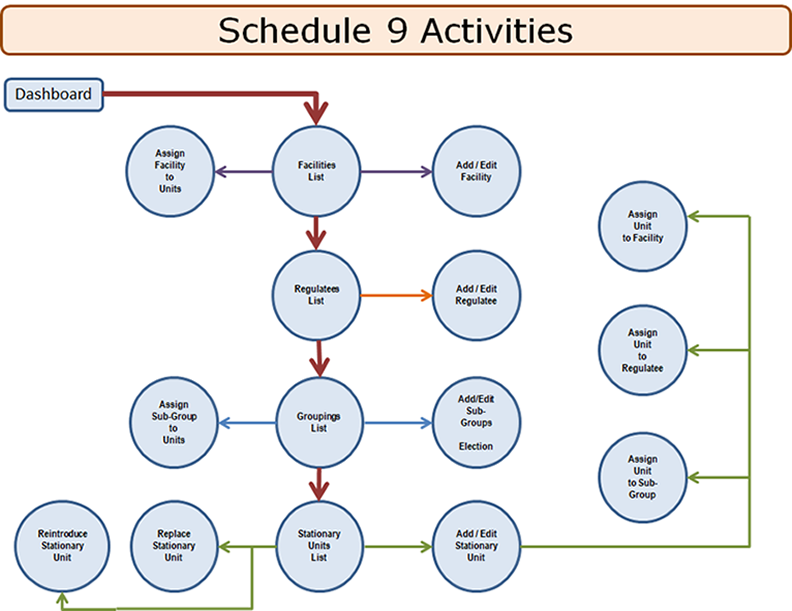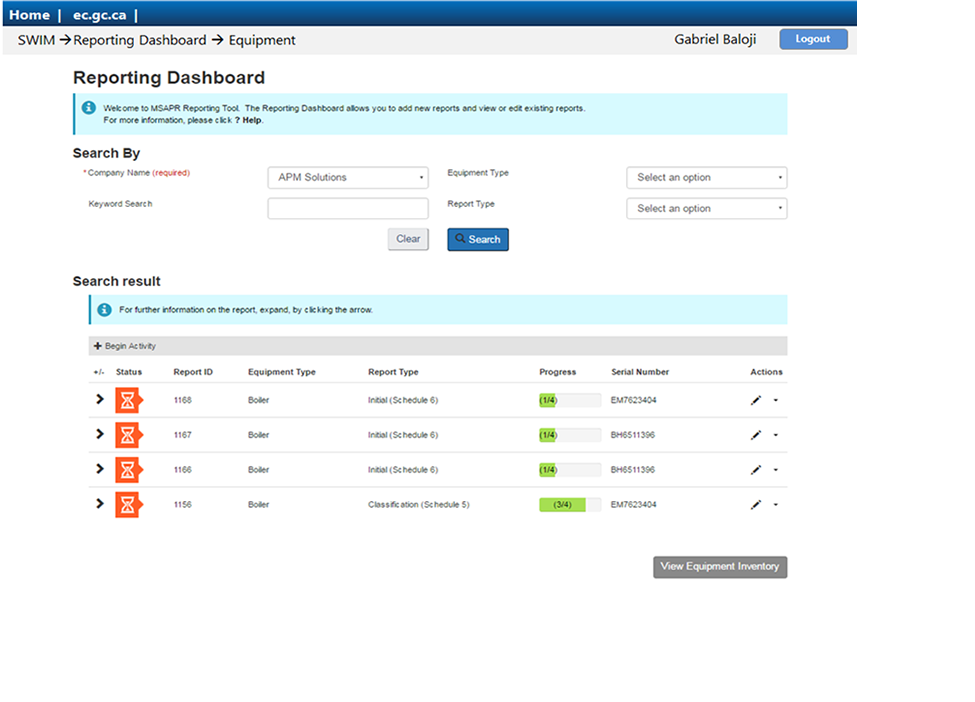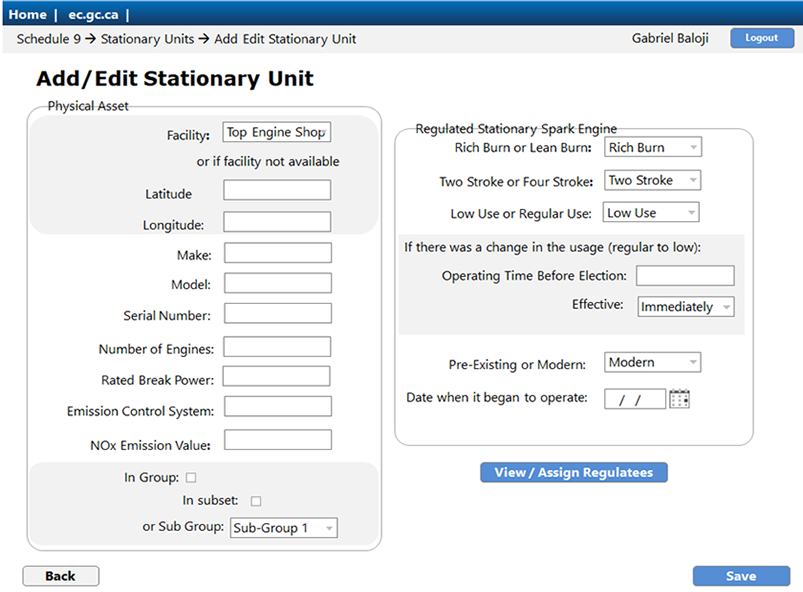Conet TECH
Continental Network Technologies
Case Studies
Conet-Tech Case Studies

Government of Canada - Environment Canada
Case Overview
The Multi-Sector Air Pollutants Regulations (MSAPR) is the tool by which the Federal Government is choosing to implement emission requirements for a number of industrial sectors. These requirements were developed through a multi-year CCME process which involved the Federal Government, provinces, industry and ENGO representatives. The first release will include requirements for non-utility boilers and heaters, electric and modern engines, stationary spark-ignition gaseous-fuel fired engines, and the cement manufacturing sector (emissions from kilns).
Customer Overview
Environment and Climate Change Canada is the lead federal department for a wide range of environmental issues. The Department addresses these issues through various actions including the implementation of the Pan-Canadian Framework on clean growth and climate change; engaging with their strategic partners including provinces, territories and Indigenous peoples; monitoring; science-based research; policy and regulatory development; and, through the enforcement of environmental laws, The Department's programs focus on minimizing threats to Canadians and their environment from pollution; equipping Canadians to make informed decisions on weather, water and climate conditions; and conserving and restoring Canada's natural environment.Business Challenge
Environment Canada provides authority for the Government of Canada to take action on a wide range of environmental and health risks — from chemicals to pollution to wastes. The Regulations may subsequently be amended to incorporate the additional sectors/equipment types, including coal-fired electricity generation, oil sands, petroleum refining, volatile organic compound emissions from hydrocarbon sectors, upstream oil and gas, chemicals, and fertilizers.Business Requirements are imposed on the organization as a whole and state the activities that an organization must perform. They are often accompanied by constraints for how the organization can respond to the requirement (e.g. standards) and rules that must be followed while performing the activities.
Example: Environment Canada MUST regulate products containing mercury. Imposed by Parliament when the regulation was signed in to force, accompanied by the constraint to provide a solution to allow Regulatee's to submit their information electronically.

Solution
Following a bidding process, the Environment Canada chose Conet-Tech consultants for the Joint Application Development and for the delivery of the MSAPR, and its implementation in Agile environment. Environment Canada and Conet-Tech consultants were able to gather information about all pre-existing, and modern engines located at a regulated facility, and if replaced by a Turbine or Electric Motor, the date and time of the replacement. Where:- pre-existing engine: an engine manufactured, or operated before the 90th day after the day on which these Regulations are registered.
- modern engines: an engine that is not a pre-existing engine.
- replacement unit: a turbine or electric motor used to replace a sparx-ignition engine

The Regulations contain testing, reporting and emission requirements for affected sectors. The reports to be submitted by regu latees will contain sufficient information to be able to determine compliance with the regulated emission limits while minimizing burden on regulatees. The Regulations require regulatees to submit reports electronically to the Minister in the form and format specified beginning after the Regulations enter into force.

The primary deliverable for this project is an Electronic Reporting Solution that will be used as the primary business interface for the Regulatory Reporting Service. The Regulatory Reporting Service will be used by the MSAPR Responsible Persons or their representatives to:
- identify themselves and their role(s) under the Regulations and within the Electronic Reporting Solution,
- to provided and update information about the regulated Boilers and Heaters they own and/or operate, and
- to provide the initial and yearly test results for the regulated tests they must perform on these Boilers and Heaters, as appropriate.
The technologies
- Visual Studio .NET and Microsoft .NET Framework, C#, ASP.Net, MVC- Windows Server and SQL Server Enterprise Manager, IIS
- Smart UI, SOAP Web Services, Web API, Angular, JavaScript
- MS Excel for the data dictionary and Visio drawing and diagramming software